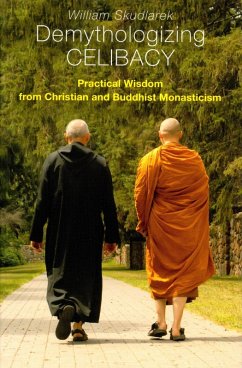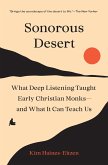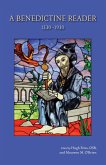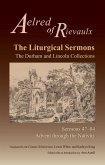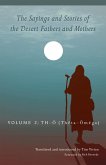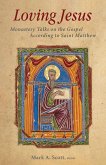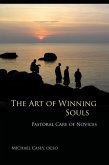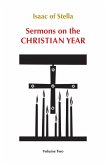When St. Benedict compiled his Rule for Monasteries in the early decades of the sixth century, the Buddhist monastic code had already been in existence for about nine hundred years. Since monastic life is shaped by spiritual practices that are very similar across different religious traditions, it should not be too much of a stretch to suggest that Christians can learn from the accumulated wisdom of Buddhist monasticism.
For Buddhists, celibacy, accompanied by skillful reflection on their personal reactions to it, is a means of letting go of attachment to sensory pleasure. Buddhist monks do not marry; they strive to relinquish the desire for sexual pleasure because this form of gratification obstructs the one-pointed stillness that leads to insight.
For Christians, celibacy-like marriage-is ultimately about love: responding to God's love for us and expressing selfless love for others. In light of the Christian understanding of marriage as an authentic-indeed, the ordinary-path to holiness, Skudlarek proposes a demythologized view of celibacy, presenting it as an alternate and equally valid spiritual practice for those who choose not to accept the demands of a committed sexual relationship. Drawing on the monastic interreligious dialogue, Skudlarek considers the Buddhist view of celibacy, which is not mythologized as a response to a divine call or as a superhuman way of life. He examines their regard for it as simply-and profoundly-a path to freedom, peace, and happiness. As Christians become aware of the benefits of celibacy for monks who observe it without reference to the Gospel, they may be able to appreciate all the more its importance and value for those who wish to follow Christ as celibates, and in this way come to share in the freedom of the children of God.
For Buddhists, celibacy, accompanied by skillful reflection on their personal reactions to it, is a means of letting go of attachment to sensory pleasure. Buddhist monks do not marry; they strive to relinquish the desire for sexual pleasure because this form of gratification obstructs the one-pointed stillness that leads to insight.
For Christians, celibacy-like marriage-is ultimately about love: responding to God's love for us and expressing selfless love for others. In light of the Christian understanding of marriage as an authentic-indeed, the ordinary-path to holiness, Skudlarek proposes a demythologized view of celibacy, presenting it as an alternate and equally valid spiritual practice for those who choose not to accept the demands of a committed sexual relationship. Drawing on the monastic interreligious dialogue, Skudlarek considers the Buddhist view of celibacy, which is not mythologized as a response to a divine call or as a superhuman way of life. He examines their regard for it as simply-and profoundly-a path to freedom, peace, and happiness. As Christians become aware of the benefits of celibacy for monks who observe it without reference to the Gospel, they may be able to appreciate all the more its importance and value for those who wish to follow Christ as celibates, and in this way come to share in the freedom of the children of God.
Dieser Download kann aus rechtlichen Gründen nur mit Rechnungsadresse in A, D ausgeliefert werden.

